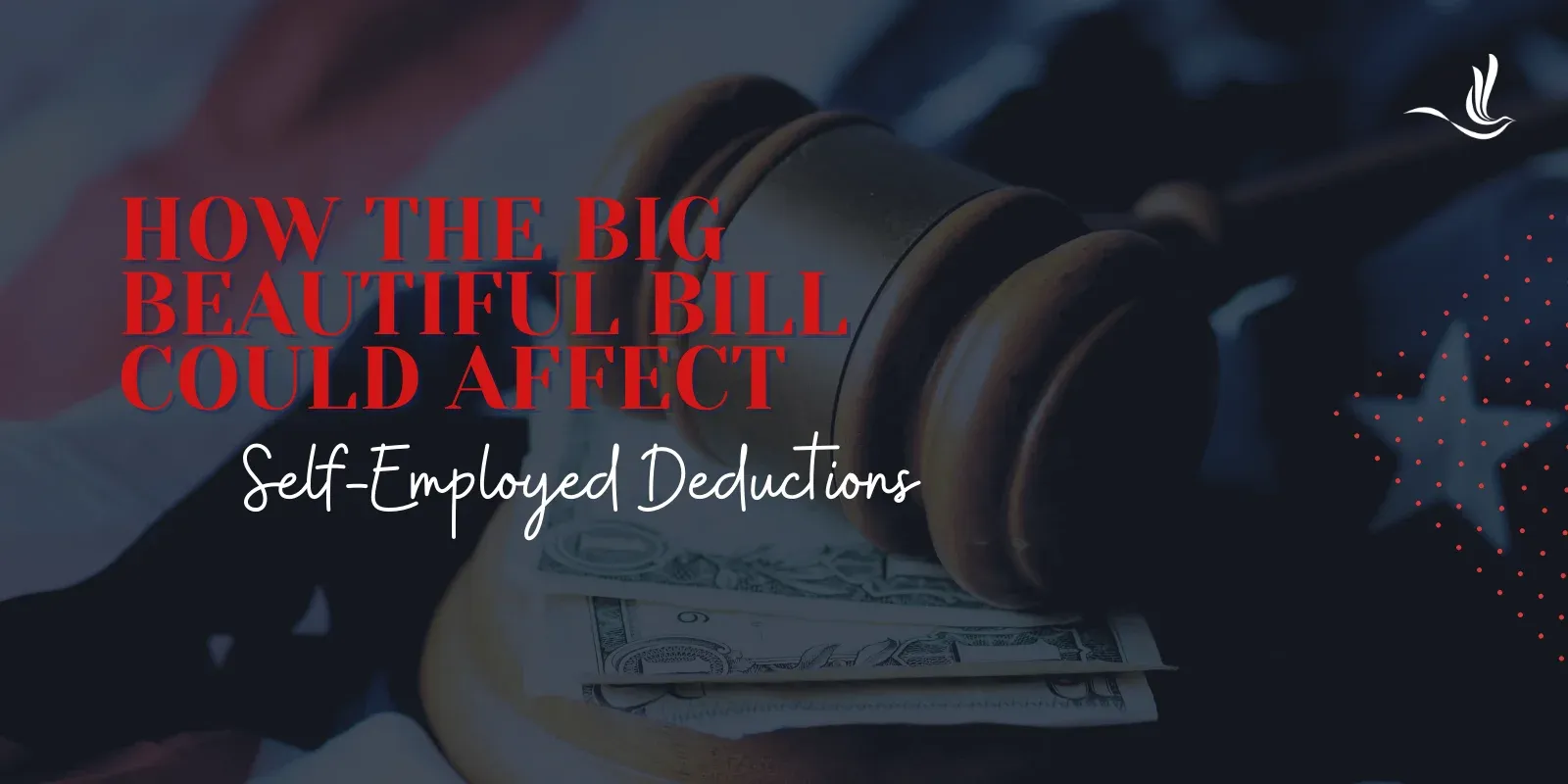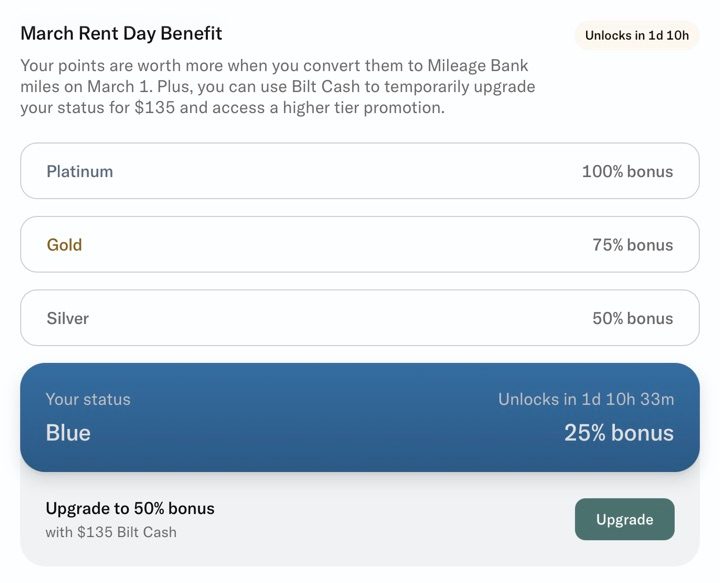In recent weeks, more than a handful of brokers have told Mortgage Strategy that down-valuations are causing issues once more.
And, with perfect timing in late May, Countrywide Surveying Services (CSS) issued a poll that found 52% of its 250 respondents believed down-valuations had been ‘very prevalent’ or ‘quite prevalent’ in 2022.
However, when asked, ‘Down valuations — myth or fact?’ during a CSS panel, 36% of the 400 industry professionals present said it was a fact and 31% said it was a myth. The remaining votes comprised 21% for both and 12% for neither.
Our valuation is the valuation at that moment; not for any time in the future
The situation is muddy. We asked a number of people what they thought.
Mojo Mortgages co-founder and chief executive Richard Hayes says down-valuations, which he defines as a surveyor’s value being more than 5% below the applicant’s purchase price, are still relatively high compared to pre-2021 levels.
“On purchases, down-valuation rates are around 10%, and on remortgages they are over 18%,” he says.
SDL Surveying managing director Simon Jackson gives his own figures: “The period between January 2020 and January 2022 shows just 19.2% of properties were down-valued, by on average only 1.54%, which is around £6,926.
When a market is rising rapidly, people assume their property will have moved at the highest possible rate
And e.surv director of business development Richard Sexton says of his numbers: “Current levels [25.2% for the first quarter of 2022] are unremarkable when compared to long-term trends.
“What is changing is that, when there is speculation the market may be slowing, certain stakeholders become more vocal about individual experiences as ‘evidence’ this is occurring.”
Sexton adds: “There are also more instances where actual value does not meet estimate on remortgage cases; it seldom occurs on purchase cases. There is more remortgage activity now and this may be what is being picked up on.”
Valuers are the only party in the transaction with no interest in the outcome.
We are paid regardless
Jackson expands on his findings: “Our numbers suggest it is not the all-encompassing issue some may believe it to be.
“The valuation we provide is the valuation at that moment; not for any time in the future. Neither is it the valuation for other properties in the vicinity and there is a job here to manage expectations, particularly when house-price headlines all seem to be suggesting ongoing gains.”
Jackson continues: “There can be a natural assumption among homeowners that, just because their neighbour’s house has increased in value, so has theirs. This leads them to over-value their home, putting it on the market for higher than the neighbour’s.
“The problem is there are no comparators to support that assumption [or] no properties in the area having sold for that price, so the surveyor will have to make an adjustment.”
There is no such thing as a down-valuation. What we are talking about is ‘over-estimates’
Hayes says it’s difficult to judge what is driving the high rate of down-valuations he is seeing.
“In 2021, the market was moving forward in many areas due to very high levels of demand and some of that down-valuation may have been professionals curbing the enthusiasm and exuberance of a buoyant market.
“In 2022, the overall landscape has very much changed [and is more uncertain], which can result in increased conservatism.
“People love to talk about devaluations as a precursor to a price crash, so it makes a good headline, but our data is not showing this.
Instead, it is more likely to be people trying to take advantage of such a buoyant market and in some cases not getting it right.”
There can be a natural assumption among homeowners that, just because their neighbour’s house has increased in value, so has theirs
Almost everybody we spoke to was keen to define ‘down-valuation’ more carefully.
For example, Sexton says: “There is no such thing as a down-valuation. What we are talking about is ‘over-estimates’ supplied by the applicant or another party when it becomes more important for a certain figure to be achieved to obtain a certain product.”
And CSS managing director Matthew Cumber says: “The term ‘down-valuation’ is a misnomer in the current mortgage market. What this really means is that there is a simple difference in opinion on what a particular asset is worth.”
Whichever term best fits what some brokers are seeing with clients, Sexton pours cold water on a common criticism Jackson has heard — “that, when surveyors provide valuations that are lower than expected, they are just trying to avoid negative consequences from the lender clients”.
There is more remortgage activity now and this may be what is being picked up on
Sexton says: “Valuers are the only party in the transaction with no interest in the outcome. We are paid regardless.
This ensures our advice is at arm’s length — unlike, perhaps, the ‘hope values’ that some other stakeholders may put forward.
“A rise in the number would be expected when a market is moving in either direction rapidly. When a market is falling quickly, public sentiment takes a while to catch up. When it is rising rapidly, people assume their property will have moved at the highest possible rate.”
This article featured in the June edition of MS.
If you would like to subscribe to the monthly print or digital magazine, please click here.
Original Article







